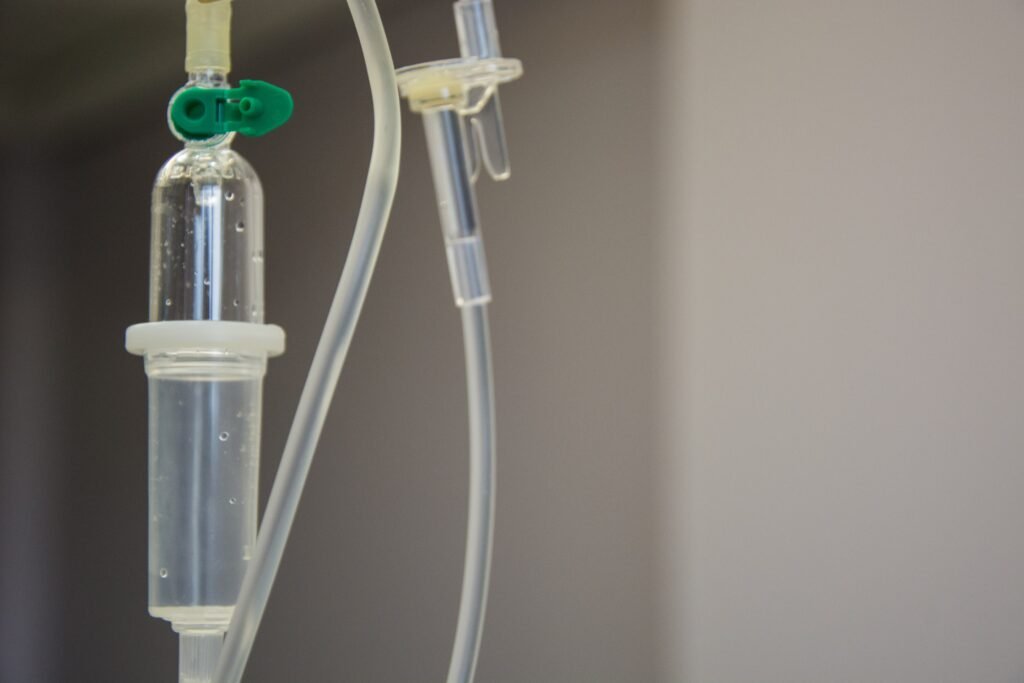Have you ever wondered which supplements can potentially harm your kidneys? It’s important to be aware of the potential risks associated with certain supplements, as our kidneys play a crucial role in removing waste and toxins from our body. In this article, we will shed light on which supplements you should be cautious of, helping you make informed decisions about your health and well-being. So, let’s dive into the world of supplements and explore which ones may have a negative impact on your kidneys.
Supplements that may be harmful to the kidneys
When it comes to taking supplements, it’s important to be aware of their potential effects on your kidneys. While many supplements can be beneficial for overall health and well-being, some can actually have negative impacts on kidney function. In this article, we will explore ten supplements that may be harmful to the kidneys and discuss why they should be used with caution.

1. Calcium-based supplements
Calcium is an essential mineral that plays a crucial role in maintaining strong bones and teeth. However, excessive intake of calcium-based supplements can potentially lead to kidney stone formation. Calcium supplements, especially when taken in high doses, can increase the concentration of calcium in the urine, which can contribute to the formation of kidney stones.
Additionally, individuals with kidney disease should exercise caution when it comes to calcium supplements. Impaired kidney function can affect the body’s ability to regulate calcium levels, and excessive calcium intake can further exacerbate the issue.
2. Iron supplements
Iron is a vital nutrient that helps in the production of red blood cells, which carry oxygen throughout the body. While iron supplements are commonly recommended for individuals with iron deficiency anemia, excessive intake can lead to iron overload, especially in individuals with compromised kidney function.
Iron overload can result in increased oxidative stress on the kidneys, which can cause damage over time. It is important to consult with a healthcare professional before starting iron supplements, especially if you have a history of kidney problems.

3. Vitamin D supplements
Vitamin D is essential for the absorption of calcium in the body and plays a crucial role in maintaining bone health. However, excessive intake of vitamin D supplements can pose risks to kidney health.
One concern with vitamin D supplementation is the potential for calcium absorption concerns. Vitamin D helps the body absorb calcium, which, as we mentioned earlier, can increase the risk of kidney stone formation. Additionally, excessive vitamin D intake can lead to a condition called hypercalcemia, which is an elevated level of calcium in the blood. This can put strain on the kidneys and potentially lead to kidney damage.
4. Fish oil supplements
Fish oil supplements, rich in omega-3 fatty acids, are often touted for their numerous health benefits, such as reducing inflammation and supporting heart health. However, there are some considerations when it comes to their impact on kidney function.
One potential concern is that fish oil supplements may increase proteinuria, which is the presence of excess protein in the urine. This can be a sign of kidney damage or dysfunction. While the exact mechanisms are not fully understood, it’s important to monitor kidney function when taking fish oil supplements, particularly if you have pre-existing kidney conditions.

5. Herbal supplements
Herbal supplements have gained popularity in recent years due to their perceived natural and holistic properties. However, it’s important to exercise caution when it comes to their impact on kidney health.
One issue with herbal supplements is the lack of regulation, which means that their safety and quality cannot always be guaranteed. Furthermore, some herbal supplements have been found to contain potentially toxic substances that can have adverse effects on kidney function. It’s important to research and only choose reputable herbal supplements, and always consult with a healthcare professional before adding them to your routine.
6. Creatine supplements
Creatine is a naturally occurring substance that plays a role in the production of energy within the muscles. It is commonly used as a supplement by athletes and individuals looking to enhance their physical performance. However, there are potential risks to kidney health associated with creatine supplementation.
One concern is that creatine supplements may have adverse effects on kidney function, particularly in individuals with pre-existing kidney conditions. It is thought that the breakdown of creatine in the body can increase waste production and put strain on the kidneys. If you have kidney issues or are at risk for kidney disease, it is essential to consult with a healthcare professional before considering creatine supplementation.

7. Protein supplements
Protein is an essential nutrient that plays a vital role in numerous bodily functions, including muscle repair and growth. Protein supplements, such as protein powders or bars, are popular among athletes and individuals looking to meet their protein requirements. However, excessive protein intake can pose a burden on the kidneys.
Increased protein intake leads to an increased workload for the kidneys, as they are responsible for filtering waste products from protein metabolism. While the kidneys are generally able to handle this extra workload, individuals with impaired kidney function or kidney disease may be at a higher risk of experiencing detrimental effects from excessive protein intake. It is important to strike a balance and consult with a healthcare professional before significantly increasing protein intake or relying heavily on protein supplements.
8. Amino acid supplements
Amino acids are the building blocks of proteins and are essential for various bodily processes. Amino acid supplements are popular among athletes and individuals looking to support muscle recovery and growth. However, excessive intake of amino acid supplements can potentially put strain on the kidneys.
Amino acid metabolism generates waste products that need to be filtered by the kidneys. Increased intake of amino acids can lead to a metabolic strain on the kidneys as they work to process and eliminate the waste. Additionally, certain amino acids, such as cysteine, can increase the risk of kidney stone formation. As with other supplements, it is important to consult with a healthcare professional before considering amino acid supplementation, especially if you have pre-existing kidney issues.
9. Ephedra supplements
Ephedra, also known as Ma Huang, is an herbal supplement that has stimulant properties and has been marketed as a weight loss aid, energy booster, and athletic performance enhancer. However, the use of ephedra supplements has been associated with serious health risks, including kidney damage.
The active ingredient in ephedra, ephedrine, can have vasoconstrictive effects, meaning it constricts blood vessels. This can lead to an increase in blood pressure, which can put strain on the kidneys. Additionally, ephedra has been linked to the development of kidney stones and acute kidney injury. It is crucial to prioritize your kidney health and avoid the use of ephedra supplements.
10. Over-the-counter pain relievers
Many over-the-counter pain relievers, such as nonsteroidal anti-inflammatory drugs (NSAIDs), are commonly used to alleviate pain and reduce inflammation. While these medications can be effective when used responsibly, prolonged or excessive use can potentially harm the kidneys.
NSAIDs work by inhibiting certain enzymes that promote inflammation, but they can also inhibit enzymes that help maintain kidney function. Prolonged or high-dose use of NSAIDs can lead to potential acute kidney injury, especially in individuals with pre-existing kidney conditions or those at risk for kidney disease. It is essential to follow the recommended dosage guidelines and consult with a healthcare professional if you have concerns or are using NSAIDs on a long-term basis.
In conclusion, while supplements can offer various health benefits, it’s important to be mindful of their potential impact on kidney health. It is always best to consult with a healthcare professional, particularly if you have pre-existing kidney issues or are at risk for kidney disease. By being aware and making informed decisions, you can prioritize your kidney health and avoid potential harm from supplements.

